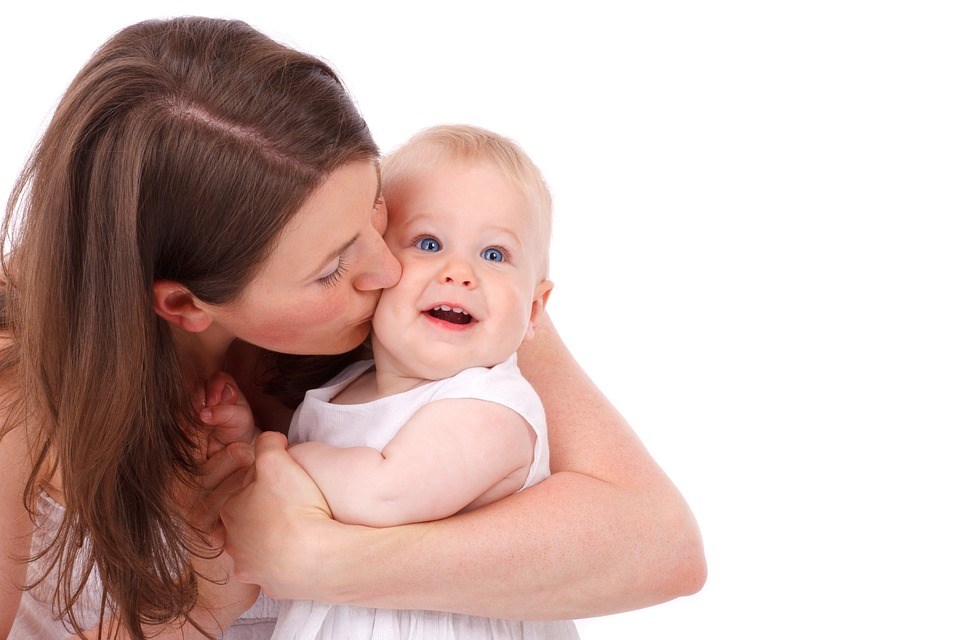For the better part of my childhood I was raised as an only child - a fact I still hesitate to share when the topic comes up in conversation.
This is because when the words “only child” are uttered, single-child stereotypes immediately arise. Words such as “lonely,” “bossy,” “spoiled” and “selfish” become synonymous with singleton, and one’s entire identity becomes defined by their birth order (or lack thereof).
Suddenly, every misstep results in comments such as, “Oh that must be because she’s an only child.”
And the judgment doesn’t stop at the children who were raised sans siblings. Parents who have decided to go “one and done” are also on the receiving end of the negative stereotypes associated with the familial status.
When a couple adds a child to their family, they are soon asked questions such as, “When are you going to have another child?” This is followed by judgmental comments like, “Oh she must be so spoiled,” or “You guys have it so easy with only one child!” Statements which are, of course, untrue.
Why does one’s sibling equate to a certain social status?
According to a Stats Canadareport titled, Portrait of Families and Living Arrangements in Canada, among families with children, the proportion with one child at home edged up from 37.3 per cent in 2001, to 38.6 cent in 2011. And according to the Office for National Statistics, 55 per cent of lone-parent families had just one dependent child, as did 51 per cent of cohabiting parents. Among married couples, which make up the biggest family type, 40 per cent had a single child.
Yet despite the continual increase in single-child families over the years, the misconceptions remain the same - even with research proving otherwise.
"Contrary to psychological folklore, only children do not appear to be less sociable or more neurotic than other children," shares Frank J. Sulloway, a psychology professor at the University of California, Berkeley, in the article Here’s Why Only Children Are More Successful in Business Insider.
In the same article, psychologist and author Carl E. Pickhardt adds, “Growing up as an 'only' can be very empowering, creating very self-dedicated, strong-willed individuals who push themselves hard to achieve what they want."
With inflated housing prices and childcare costs here in B.C., I think we can expect this increase in single-child homes to continue, with parents feeling too cash-strapped to add more children to their families.
Naysayers also need to recognize that some couples are happy to share their love with only one child, while others are unable to add to their families, despite their desires to have more children.
When it comes to a child’s development, it’s not about how many siblings they’ve shared a life with, but about the relationships that were built along the way. It’s time to stop the single-child shame game and recognize that people are who they are because of how they were raised, not who was in the room when the raising occurred. A healthy individual is based on the quality of their relationship with family, not the quantity of children that makes up their household.
Bianca Bujan is a mom of three, writer, editor, and marketing consultant. Find her on Twitter @biancabujan and Instagram @bitsofbee.



